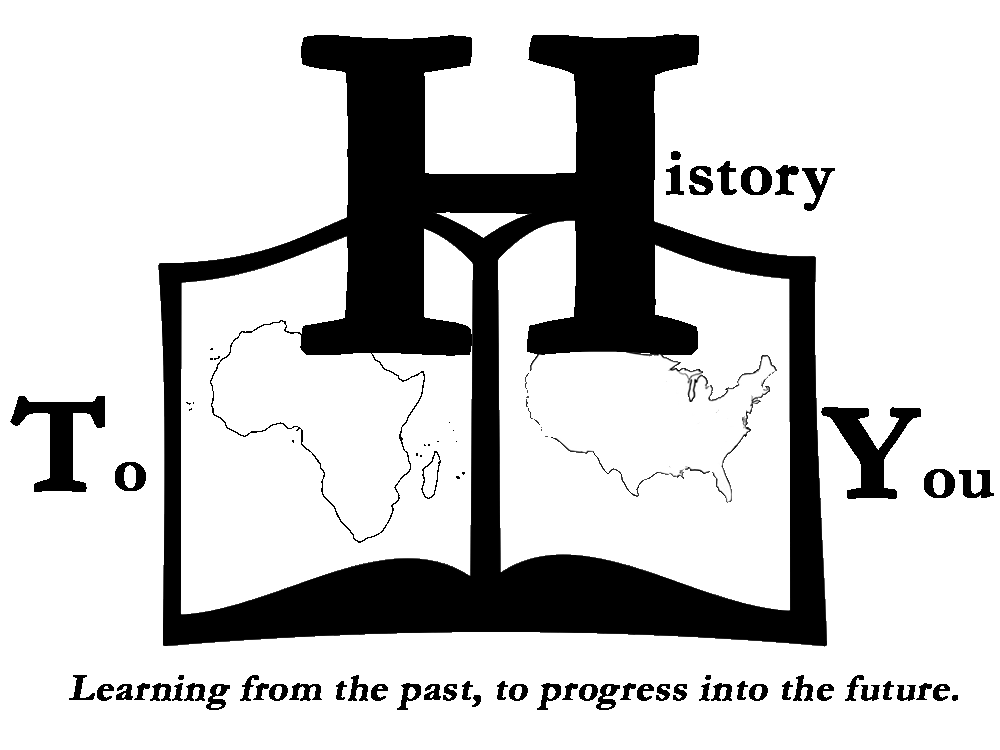
Courses/Lectures
Each of the 34 courses available can be enrolled in individually, or in packages. Each course is an approximately 1-hour session that consists of the opportunity for the students to interact with the associated artifacts, and a discussion exercise tailored for your specific class in accordance with your teacher's curriculum/recommendations. If the Course List below doesn’t fit your needs, we can work together to develop the presentation you desire – from control of the discussion topics to selection of items to be presented.
The Era of
Black Reconstruction
The passage of the 15th Amendment provided newly freed black men with a unique opportunity – a voting majority in many areas in the South. With former Confederate soldiers being stripped of their right to vote due to their participation in treason, the time period known as Reconstruction saw the creation of many opportunities for many people of color in the South. In cities like Wilmington, N.C., Charleston, S.C. and others, African-Americans gained access to political offices never held before. After the emergence of organizations like the Klu Klux Klan and the restoration of voting rights to former Confederates, the golden era of Black politics eventually came to a close by the turn of the century. The items we have here from the time period offer a closer look at some of the people responsible for the success of the time.
Artifacts: Blanche K. Bruce signed deed, James Monroe Trotter signed deed, signatures of congressmen Joseph H. Rainey and Josiah T. Walls, newspaper on Hiram Revels, poster of congressmen, “Shoo Fly, Don’t Budder Me” Clipping and Match Holder




Land Deed Signed by James Monroe Trotter May 11, 1887 - James Monroe Trotter began his life as a slave in Mississippi, but managed to reach Ohio where learned to read and write and himself became a schoolteacher. In June of 1863, Trotter travelled to Boston and enlisted in the 55th Massachusetts Volunteer Infantry, rising to the rank of Lieutenant in 1864. As a soldier, he was one of the men leading the fight for equal pay for Black troops. After the war, Trotter returned to Ohio where he married Virginia Isaacs. He then moved to Boston, where he obtained a position with the U.S. Postal Service. In 1878 he published a groundbreaking survey of African-American music, adding to his many accomplishments. In 1887, he was appointed Recorder of Deeds for Washington, D.C. - the highest appointment for a Black man at the time - a position previously held by Frederick Douglass. The deed above is one that was handled and signed by Trotter on May 11, 1887.
1870s Engraving, "Shoo Fly Don't Bodder Me" with matching Match Holder - The right to vote never came easy - both for African-Americans of the Civil Rights era and their ancestors who won the right nearly 100 years prior. The engraving above symbolizes the efforts by the pesky flies - the states against former slaves being allowed to vote - to prevent Black men from exercising their constitutional right. It also symbolizes the refusal of the Black man to be denied his right, as the match holder - which is a shoe stepping on a fly - has the same slogan "Don't Budder Me" and reflects the determination to be empowered that embodied the era of Black Reconstruction.
